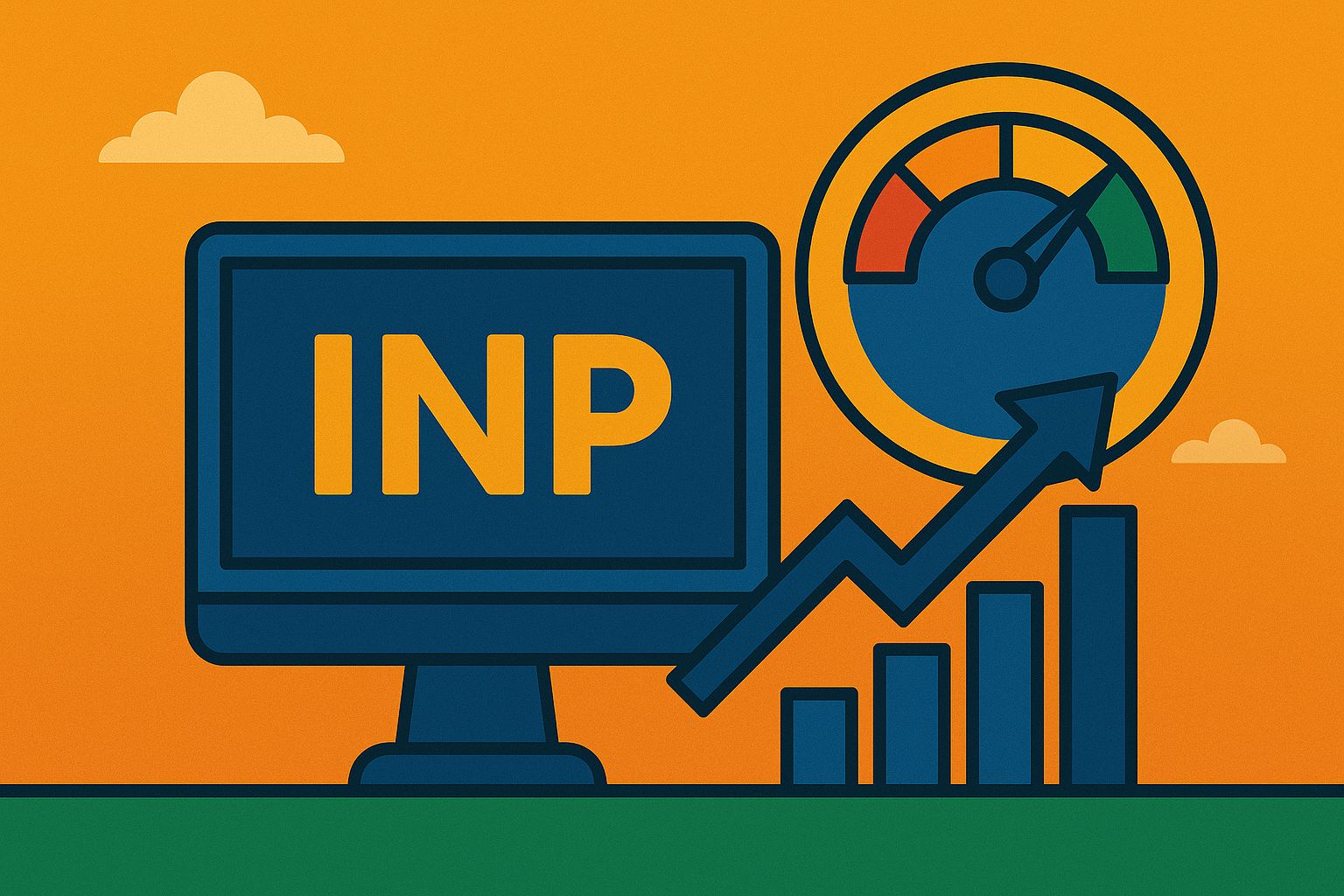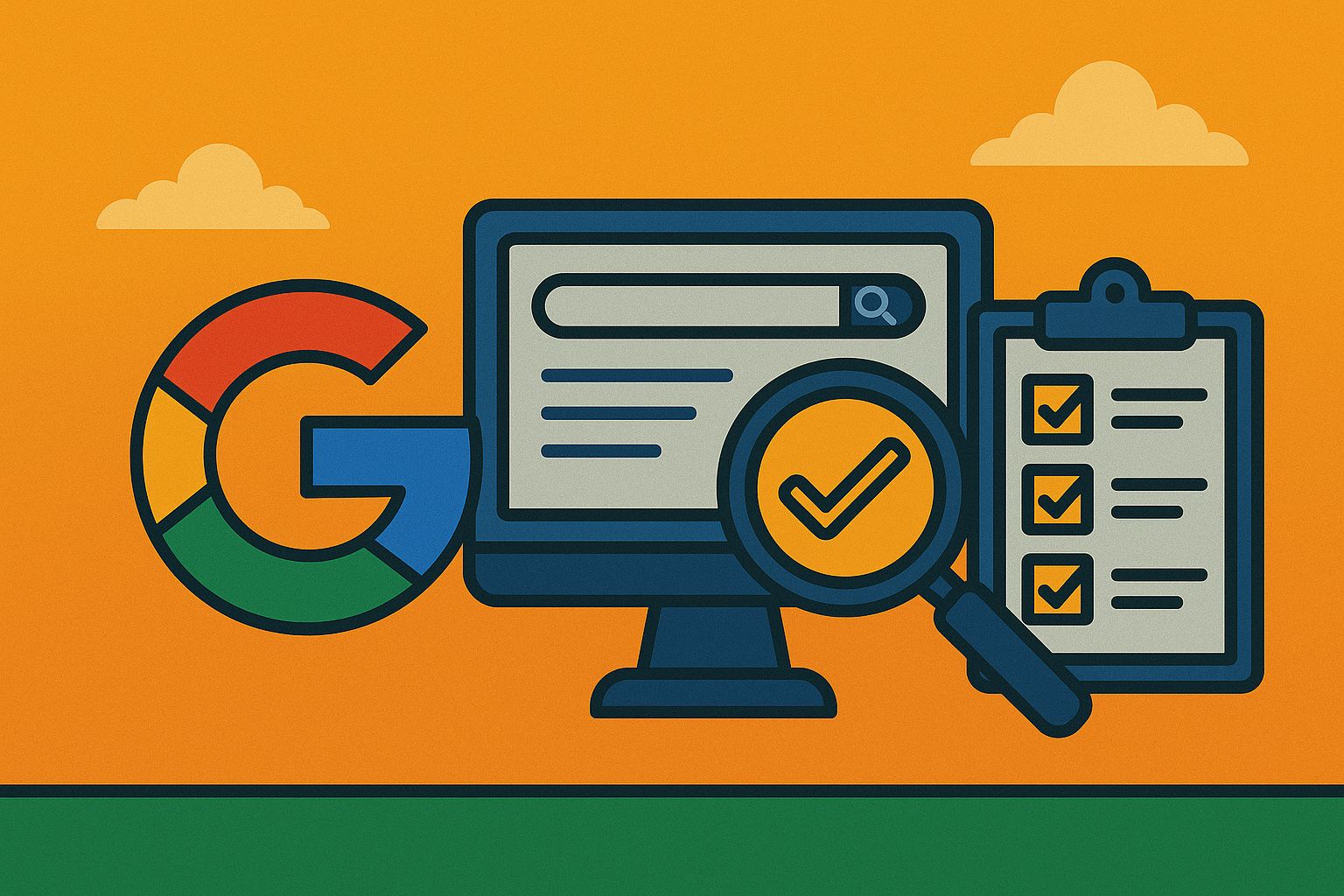So, you’re dreaming of launching your own startup. You’ve got the big idea, the passion, and maybe even a cool logo. But there’s one teeny-tiny detail you can’t afford to overlook: your business model. Without a solid business model, your startup could be like a ship without a rudder, drifting aimlessly in the vast ocean of the market. Let’s dive into the world of startup business models and discover which one might be the best fit for your big idea.
What Exactly is a Startup Business Model?
Imagine your startup as a house. The business model is the blueprint. It’s the plan that outlines how your business will make money. It defines what you’re selling, who you’re selling it to, and how you’re going to sell it. A well-thought-out business model is like a secret recipe that turns your startup into a profit-making machine.
Why is a Business Model Crucial?
Think of your business model as a GPS for your startup. Without it, you’d be wandering aimlessly, hoping to stumble upon success. It helps you understand your target market, identify your revenue streams, and outline your value proposition. Essentially, it’s your game plan for turning your startup dreams into reality.
Common Startup Business Models
Now, let’s get to the good stuff. Here are some popular startup business models that have proven successful for many entrepreneurs.
- Freemium Model: Ever downloaded a free app only to find out you need to pay for the premium features? That’s the freemium model in action. This model lures customers in with a free basic service and then charges for upgraded features. It’s like giving away the base of a sundae for free but charging extra for the cherry on top.
- Subscription Model: Think Netflix or Spotify. The subscription model involves charging customers a recurring fee, typically monthly or annually, to access a product or service. It’s like having a gym membership, but instead of sweating it out on a treadmill, you’re enjoying endless movies, music, or even meal kits delivered to your door.
- Marketplace Model: Ever bought something on eBay or booked a stay through Airbnb? These platforms use the marketplace model, connecting buyers and sellers or service providers and consumers. The marketplace itself doesn’t own the inventory; it just takes a cut from each transaction. It’s like running a digital flea market where you profit without ever owning a single item.
- On-Demand Model: Uber and DoorDash have mastered the on-demand model, providing services exactly when and where customers need them. This model focuses on convenience and speed, delivering instant gratification at the tap of a button. It’s like having a personal assistant who’s always ready to fetch you a ride or a meal.
- Ad-Based Model: Google and Facebook didn’t become giants by charging users. Instead, they leverage the ad-based model, offering free services while making money from advertisers who pay to reach their vast user base. It’s like hosting a free party and making a fortune by selling ad space on the napkins and party hats.
- Affiliate Model: This model involves promoting other companies’ products and earning a commission on any sales generated through your referral. Think of it as being a matchmaker for products and buyers and getting a cut every time they hit it off.
Evaluating Successful Startup Business Models
Let’s take a peek behind the curtains of some successful startups to see how they’ve built their business empires.
- Slack: Freemium Model Done Right
Slack started as a simple messaging platform but quickly grew into a vital tool for workplace communication. They used the freemium model, offering a robust free version and enticing users to upgrade for more advanced features. Their secret sauce? Delivering so much value in the free version that businesses were happy to pay for the premium extras.
- Dollar Shave Club: Subscription Model Mastery
Dollar Shave Club disrupted the razor industry with their subscription model. By delivering affordable, high-quality razors straight to customers’ doors every month, they built a loyal following and slashed through the competition. Their cheeky marketing and straightforward value proposition made it a smooth shave to the top.
- Etsy: The Heart of the Marketplace Model
Etsy carved out a niche in the crowded e-commerce space by focusing on handmade and vintage items. They provided a platform for small-scale artisans to reach a global audience. By taking a commission on each sale, Etsy created a thriving marketplace that benefits both sellers and buyers. It’s a classic win-win scenario.
How to Choose the Right Business Model for Your Startup
Choosing the right business model is like picking the right shoes for a marathon. You need something that fits well, supports your goals, and can go the distance.
- Identify Your Value Proposition: What unique value are you offering? Whether it’s convenience, affordability, or exclusivity, your business model should align with your value proposition.
- Know Your Target Market: Who are your customers? Understanding their needs, preferences, and behaviours will help you choose a model that resonates with them.
- Consider Your Revenue Streams: How will you make money? Will you charge per transaction, offer subscriptions, or rely on advertising? Think about the most sustainable and scalable revenue streams for your business.
- Evaluate Your Resources and Capabilities: Do you have the resources to support your chosen model? Some models, like the on-demand model, require significant investment in technology and logistics. Make sure you have the capacity to execute your plan.
The Future of Startup Business Models
The business landscape is constantly evolving, and staying ahead of trends is crucial. Here are some emerging trends to watch.
- Hybrid Models: Why settle for one model when you can mix and match? Hybrid models combine elements of different business models to create a unique approach. For example, some startups use a subscription model with a freemium tier or integrate marketplace features with on-demand services.
- Sustainable and Ethical Models: Consumers are increasingly looking for businesses that prioritise sustainability and ethical practices. Startups that incorporate these values into their business models can differentiate themselves and build strong customer loyalty.
- AI and Automation: Artificial intelligence and automation are reshaping industries. Startups leveraging these technologies can streamline operations, reduce costs, and offer innovative products and services.
Conclusion
Navigating the world of startup business models can feel like venturing into uncharted waters. But with the right blueprint, you can steer your startup towards success. Remember, your business model is more than just a way to make money; it’s a strategic plan that guides your journey. So, take the time to evaluate different models, understand your market, and align your model with your goals. Who knows? You might just create the next big thing.




